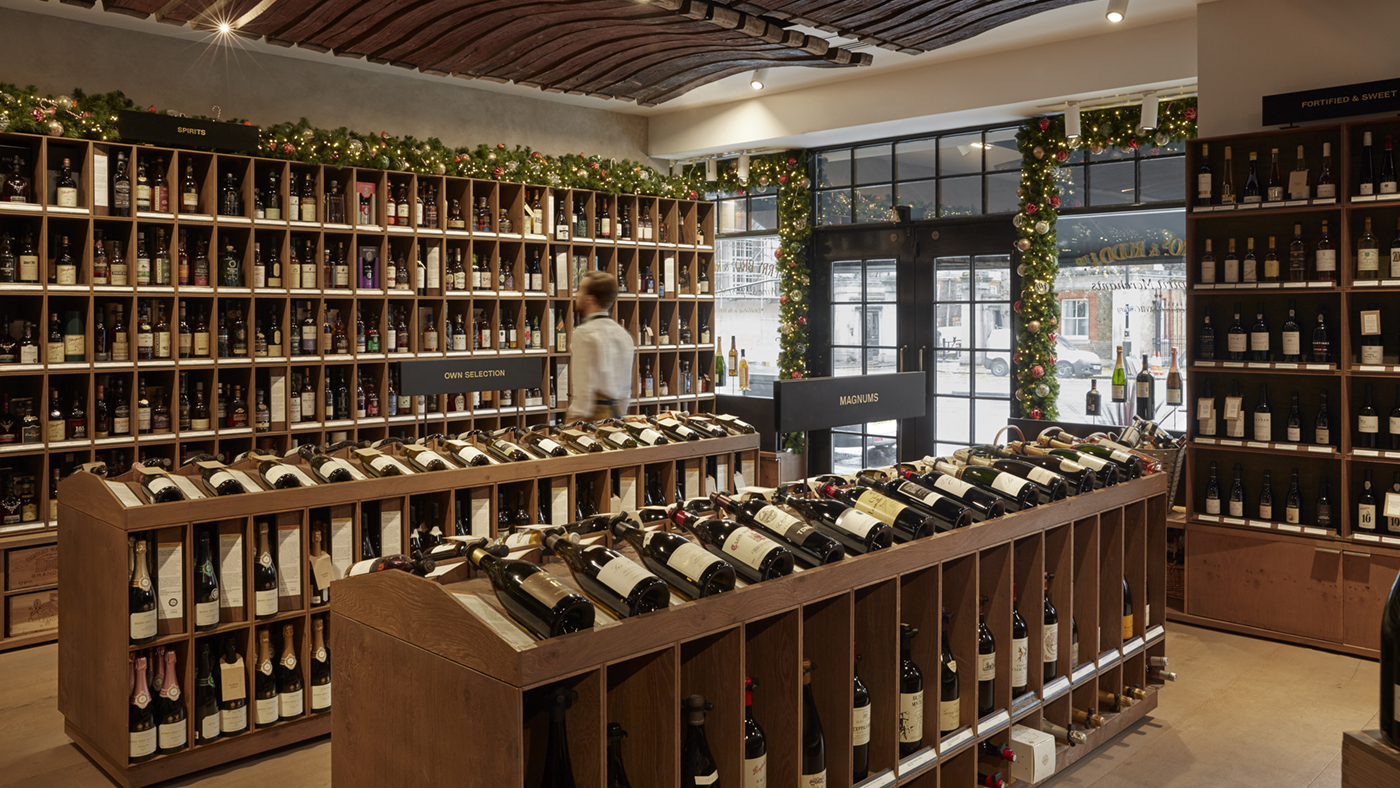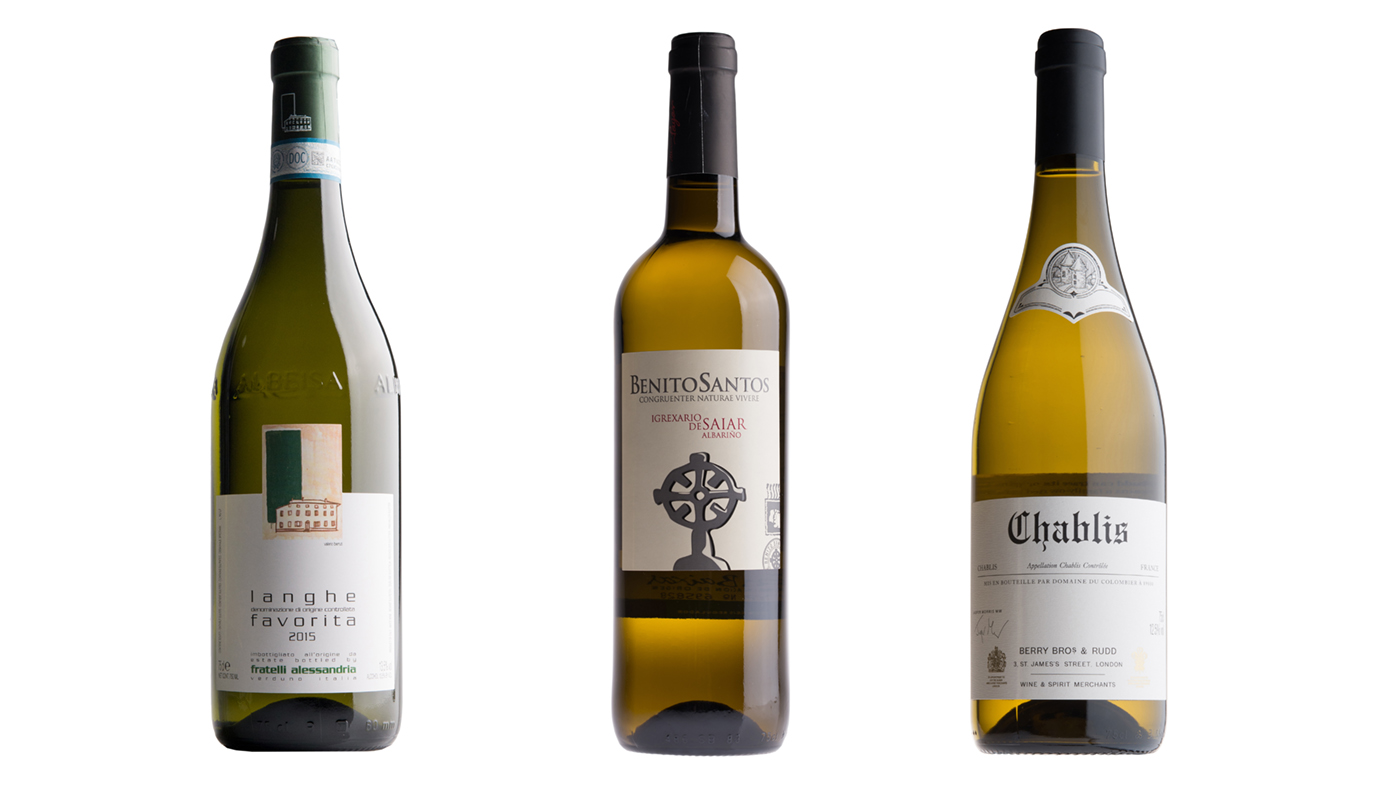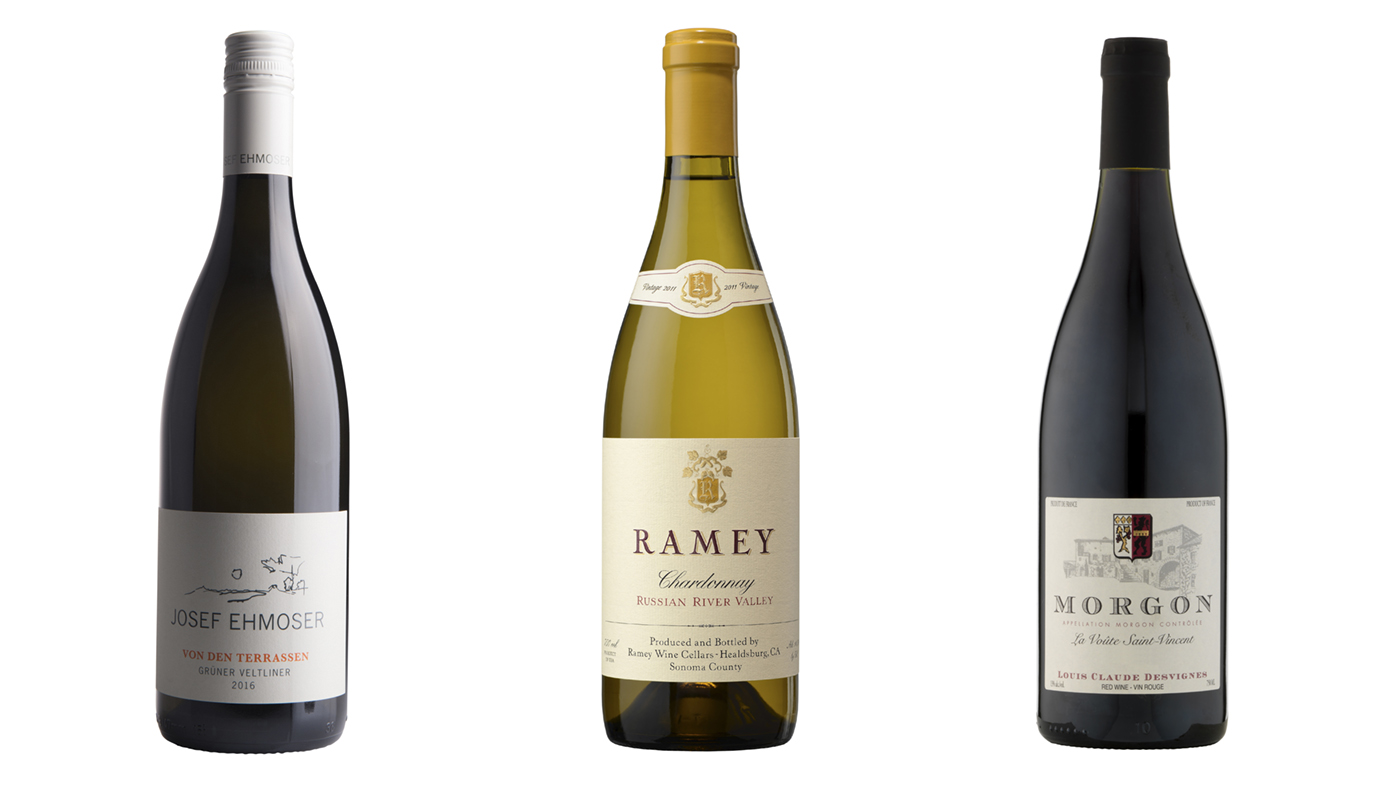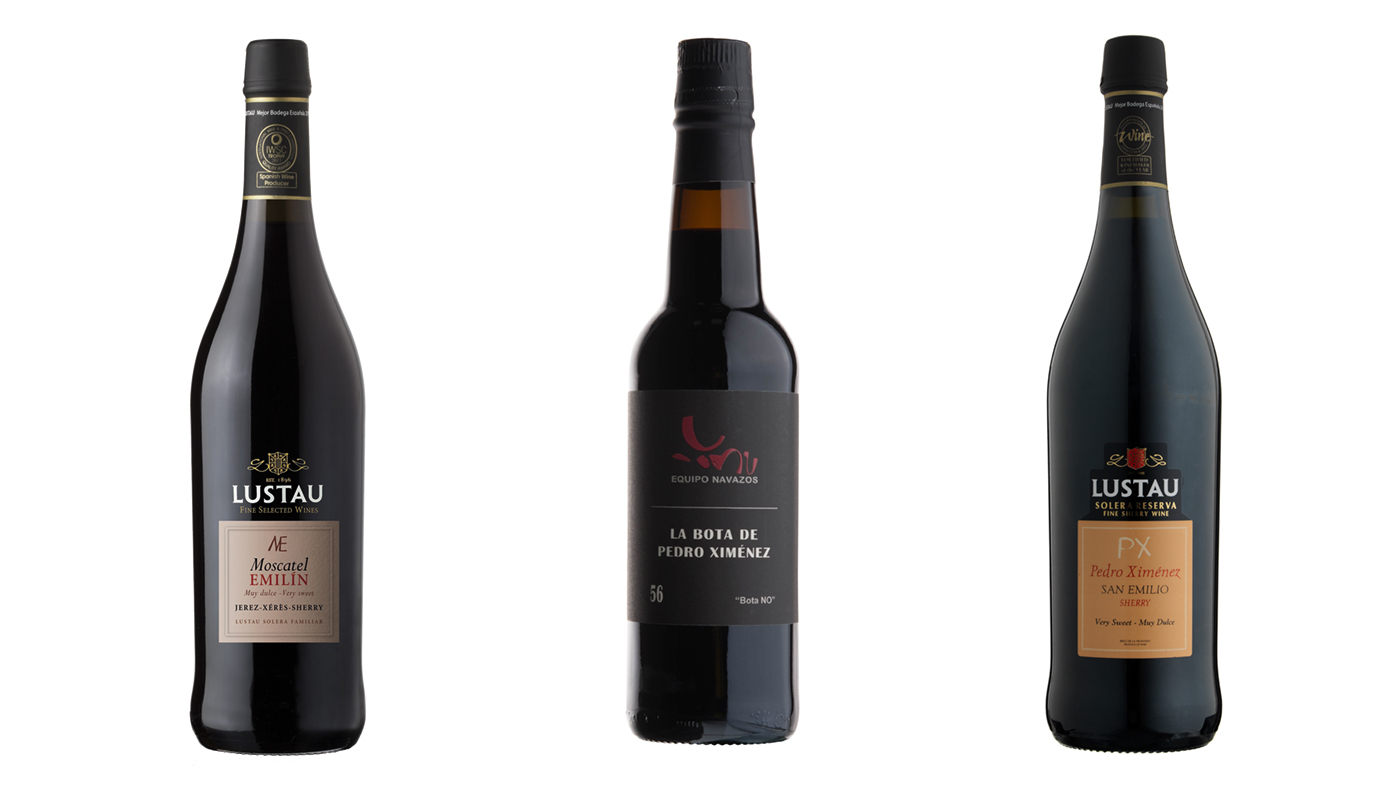Christmas dinner wine pairings from Berry Bros & Rudd
Wine director Mark Pardoe shares his expert tips on what we should be drinking with our turkey and figgy pudding this festive season

A free daily email with the biggest news stories of the day – and the best features from TheWeek.com
You are now subscribed
Your newsletter sign-up was successful

At Berry Bros & Rudd we often get asked about how to choose a wine for Christmas, and it really depends on how important wine is to the host. For some it is just part of the mix. For others it's an opportunity to buy a more expensive wine than they would normally. And for people who are interested in wine it's a chance to show off something they love that they've bought especially for the occasion.
While Champagne is the traditional thing to drink at Christmas, the one thing I would say is, don't waste your money on cheap Champagne, because it just won't deliver what you want. As an alternative, English sparkling wine is a category that's growing very quickly now. It has a different taste profile to Champagne – more lively and a much more zesty fruit. It's beautifully refreshing and makes a wonderful aperitif.

The first course of Christmas dinner is likely to be shellfish or smoked salmon, and the classic wine to serve with this is Chablis. It works well because of its "minerality", which cuts through the oiliness of the fish and has a cleansing effect. Minerality is a term used in the wine trade, which is quite hard to explain, but if you've ever walked out after rain has fallen on gravel, you'll know it has a certain smell. Stones have oils in them and the rain releases those aromatics. That's what minerality is – a reflection of the soil that it comes from. Chablis is made from the Chardonnay grape variety, which has very little aromatic profile. It's grown on a mineral soil, containing a lot of chalk, limestone and marine fossils; and in quite a northerly climate, which means it has a lot of freshness. Good Chablis has an intensity that creeps up on you the more you drink it and with a really good food pairing the character of the Chablis enhances the flavour of the food, almost like a seasoning, and the food also allows the Chablis flavour to evolve.
The Week
Escape your echo chamber. Get the facts behind the news, plus analysis from multiple perspectives.

Sign up for The Week's Free Newsletters
From our morning news briefing to a weekly Good News Newsletter, get the best of The Week delivered directly to your inbox.
From our morning news briefing to a weekly Good News Newsletter, get the best of The Week delivered directly to your inbox.
In the Chablis style there is also a Spanish grape variety called Albarino, and grape varieties like Verdejo or Godello, which will also work really well (expect to spend £15-25 for good quality). Then, looking to Italy, grape varieties like Verdicchio, Fiano and Vermentino will all work really well with this course.

Moving on to the main meal: turkey is quite a dry meat, therefore, the traditional English household would probably serve a red Bordeaux with it (also known as claret), which is fine because turkey is a relatively neutral flavoured meat. But what makes it a bit challenging is that red Bordeaux is made from grape varieties that are relatively thick-skinned, which can result in a high proportion of tannins in that wine making it quite dry, like the turkey. If you wanted to have claret I'd save it to have with a bit of cheddar at the end of the meal, and look for a more succulent wine to pair with the turkey.
Personally, I would always drink a good red burgundy with turkey but a wine style that will do the job beautifully for Christmas Day is Beaujolais. One of the single crus – a Cote de Brouilly, Morgon, or Moulin a Vent – will work just as well as burgundy, and they're not too heavy.
Burgundy is made from a thin-skinned grape variety called Pinot Noir. On the palate it's relatively light and has a nice little lick of acidity to keep it fresh. The really good examples take on another layer of complexity, which are much more redolent of autumnal scents and aromas such as the woodland floor and bonfires – all these wonderful, almost ethereal, flavours.
A free daily email with the biggest news stories of the day – and the best features from TheWeek.com
Burgundy is a really small region – the areas where you can plant are prescribed by law – so it's very hard to buy any more land. The best producers in Burgundy are looking outside of this region now. For white wines they're heading down to Maconnais, making good Macon and Rully. And for red they're looking at Beaujolais very carefully, because it has a very special granite terrior, and if you go on the right places, that minerality really comes through. So you're getting Burgundy expertise on Beaujolais terroir, which is very interesting.
For a white option, I'd go for a Chardonnay, and anything from Burgundy's main regions will do the job well, but equally there's lots of really good options from California, Australia, New Zealand and even South Africa. They have a succulence to them, which will work really well with turkey. Just be careful of anything that shows too much of the oak characteristic, from being matured in new oak barrels – you want a nice, relatively pure style of ripe wine. Alternatively, you could use a grape variety called Viognier, which is a very aromatic grape but actually has a thicker and creamier texture on the palate. My personal favourite for white would be an adaptable Austrian grape variety called Gruner Veltliner. Or indeed, a very good dry Reisling will also work.

The richness of Christmas pudding means there's no table wine that will go with it. Given the brandy that's already in there, something fortified is the safest match. A small thimbleful of old sweet sherry would be quite fun, or even a light port. What does tend to work very well is fortified Muscat from southwest France, like Muscat de Frontignan, and there's a region of Australia called Rutherglen that ages Muscats in old barrels for years and years. They're tremendous, almost like syrup and would work nicely. There is also one wine, made from a grape variety called Pedro Ximenez, which is really thick and sweet, but wonderfully intense and nutty at the same time. People actually say it's like a liquid Christmas pudding, so that with it would be fantastic.
And finally, if you have room: the cheese. You don't need to open another bottle of wine. If you've got a soft cheese, you go back to the white wine you had with the starter, for hard cheese you carry on with the red wine you had with the main, and if you've got a blue cheese, it's the wine you had with the Christmas pudding.
For the rest of the festive period, it's time to pull in the crowd pleasers like a really nice Sauvignon Blanc from New Zealand or South Africa, or a Sancerre –just something that cleanses the palate and is lovely and easy. And if you like to eat your food curried the next day, then a good Cote du Rhone, or a wine with a lot of Syrah in the blend, will give you that little bit of black peppery spice.
MARK PARDOE is a master of wine and wine director at Berry Bros & Rudd; bbr.com